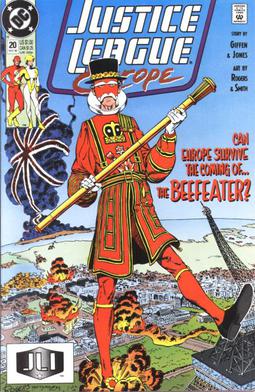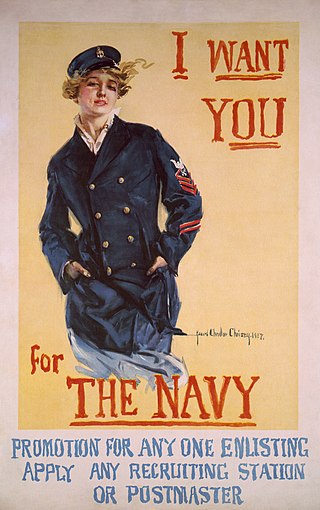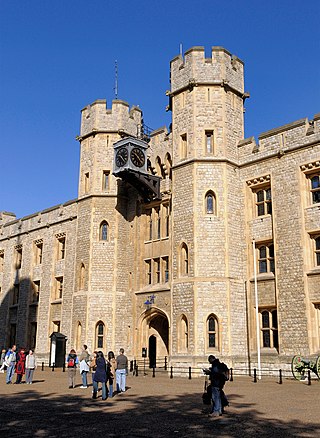
The Tower of London, officially His Majesty's Royal Palace and Fortress of the Tower of London, is a historic castle on the north bank of the River Thames in central London, England. It lies within the London Borough of Tower Hamlets, which is separated from the eastern edge of the square mile of the City of London by the open space known as Tower Hill. It was founded toward the end of 1066 as part of the Norman Conquest. The White Tower, which gives the entire castle its name, was built by William the Conqueror in 1078 and was a resented symbol of oppression, inflicted upon London by the new Norman ruling class. The castle was also used as a prison from 1100 until 1952, although that was not its primary purpose. A grand palace early in its history, it served as a royal residence. As a whole, the Tower is a complex of several buildings set within two concentric rings of defensive walls and a moat. There were several phases of expansion, mainly under kings Richard I, Henry III, and Edward I in the 12th and 13th centuries. The general layout established by the late 13th century remains despite later activity on the site.

Yeoman is a noun originally referring either to one who owns and cultivates land or to the middle ranks of servants in an English royal or noble household. The term was first documented in mid-14th-century England. The 14th century also witnessed the rise of the yeoman longbow archer during the Hundred Years' War, and the yeoman outlaws celebrated in the Robin Hood ballads. Yeomen also joined the English Navy during the Hundred Years' War as seamen and archers. In the early 15th century, yeoman was the rank of chivalry between page and squire. By the late 17th century, yeoman became a rank in the Royal Navy for the common seamen who were in charge of ship's stores, such as foodstuffs, gunpowder, and sails.

The Yeomen of the Guard; or, The Merryman and His Maid, is a Savoy Opera, with music by Arthur Sullivan and libretto by W. S. Gilbert. It premiered at the Savoy Theatre on 3 October 1888 and ran for 423 performances. This was the eleventh collaboration of fourteen between Gilbert and Sullivan.

The King's Body Guard of the Yeomen of the Guard is a bodyguard of the British monarch. The oldest British military corps still in existence, it was created by King Henry VII in 1485 after the Battle of Bosworth Field.

Yeomanry is a designation used by a number of units and sub-units in the British Army Reserve which are descended from volunteer cavalry regiments that now serve in a variety of different roles.

The Ceremony of the Keys is an ancient ritual, held every evening at the Tower of London, when the main gates are locked for the night. It is said to be the oldest extant military ceremony in the world, and is the best-known ceremonial tradition of the Tower.

The Boy Who Turned Yellow (1972) is the last film collaboration by the British filmmakers Michael Powell and Emeric Pressburger, and the last theatrical film directed by Michael Powell. The film was made for the Children's Film Foundation.
Whitbread plc is a multinational British hotel and restaurant company headquartered in Houghton Regis, England.

The phrase open secret refers to information that was originally intended to be confidential but has at some point been disclosed and is known to many people. Open secrets are secrets in the sense that they are excluded from formal or official discourse, but they are open in the sense that they are familiar and referred to in idioms and language games, though these often require explanation for outsiders.
Premier Inn Limited is a British limited service hotel chain and the UK's largest hotel brand, with more than 72,000 rooms and 800 hotels. It operates hotels in a variety of locations including city centres, suburbs and airports, competing with the likes of Travelodge and Ibis hotels.

Beefeater Gin is a brand of gin owned by Pernod Ricard and bottled and distributed in the United Kingdom. Beefeater remained in the control of its founding Burrough family until 1987. It is a 47% or 44% alcohol product in the US, and a 40% alcohol product elsewhere in the world. The Beefeater distillery is one of 24 in London.

The Beefeater is a fictional character, a comic book superhero published by DC Comics. He appeared in his civilian identity as Michael Morice in Justice League International Annual #3 (1989), and debuted as Beefeater in Justice League Europe #20 in a story by Keith Giffen, Gerard Jones and Marshall Rogers. His code name and appearance are both taken from the uniform of the Yeomen Warders.

Yeoman (F) was an enlisted rate for women in the U.S. Naval Reserve during World War I. The first Yeoman (F) was Loretta Perfectus Walsh. At the time, the women were popularly referred to as "yeomanettes" or even "yeowomen", although the official designation was Yeoman (F).
Events from the year 1669 in England.

Moira Cameron is a retired Yeoman Warder of the Tower of London, United Kingdom. She is the first woman to ever hold the position. In 2007, after a 22-year career in the British Army, Cameron became one of the 35 resident Warders in the Tower of London, commonly known as the Beefeaters.

Tower Green is a space within the Tower of London, a royal castle in London, where two English Queens consort and several other British nobles were executed by beheading. It was considered more dignified for nobility to be executed away from spectators, and Queens Anne Boleyn, Catherine Howard, and Lady Jane Grey were among the nobility beheaded here. Queen Victoria asked for information on the exact location where the executions took place and had some granite paving laid to mark the spot. However, it is unclear whether the location is indeed correct because other sources place it on the current parade ground between the White Tower and the entrance to the current Waterloo Barracks.

Byward Street is a road in the City of London, the historic and financial centre of London. It forms part of the A3211 route and, if travelling eastward, is a short continuation of Lower Thames Street from a junction with Great Tower Street, to Tower Hill. It is located within the City ward of Tower.

The yeoman rate is one of the oldest rates in the U.S. Navy, dating back to 1794. Historically, the Navy yeomen were responsible for keeping the storerooms for the ship's gunners, carpenters and boatswains. With the transition from sail to steam, yeomen were assigned to the ship's engineers. In the modern Navy, a yeoman is an enlisted service member who performs administrative and clerical work.

The Yeomen Warders of His Majesty's Royal Palace and Fortress the Tower of London, and Members of the Sovereign's Body Guard of the Yeoman Guard Extraordinary, popularly known as the Beefeaters, are ceremonial guardians of the Tower of London. In principle they are responsible for looking after any prisoners in the Tower and safeguarding the British crown jewels. They have also conducted guided tours of the Tower since the Victorian era.

















